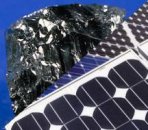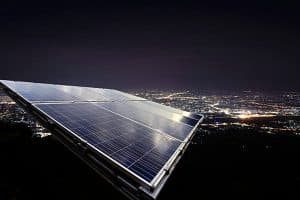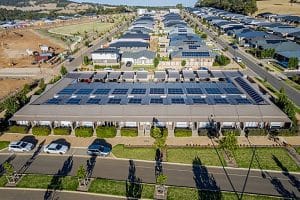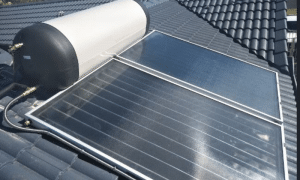The call to reduce fossil fuel subsidies and increase support for renewable energy doesn’t just come from treehuggers – even the International Energy Agency agrees. The IEA’s comments at a conference in Adelaide come just days after a reported deal by the NSW government to sell coal to the State’s power generators at 28% below the market rate and a few weeks after solar incentives in the state were slashed.
Speaking at a conference in Adelaide yesterday, deputy executive director of the International Energy Agency, Richard Jones, warned global electricity demand will jump by 80 per cent by 2035. According to an Adelaide Advertiser report, Mr. Jones said that today’s energy policies are insufficient in terms of sustainability and that much more was being spent on the subsidisation of fossil fuels than renewables.
Mr. Jones said increasing subsidies for renewable energy technologies was about levelling the playing field.
Mr. Jones’ comments, based on the IEA’s recent World Energy Outlook 2010 report, will provide even more ammunition to critics of a recent deal reportedly struck by the NSW government to provide cheap coal to the state’s electricity generators.
According to the Sydney Morning Herald, the NSW government is planning to sell coal from Cobbora mine to electricity generators for approximately $32 a tonne, far less than present contract prices of about $44 a tonne.
This will mean that NSW taxpayers will bear an estimated $1.5 billion cost of the mine along with any increase in the cost of producing the coal says the SMH article and the deal will just encourage ongoing emissions intensive power generation. Meanwhile, solar power uptake in NSW was struck a vicious blow in late October with the slashing of NSW’s solar feed in tariff program as it was considered too generous.
The coal subsidisation deal could be seen as another example of the era of “cheap” energy that never really existed. Fossil fuels have been kept artificially cheap, with the shortfall between the sticker price and true costs hidden and made up through other avenues; such as indirect taxation or at the expense of other crucial government services. Additionally, some of fossil fuel’s costs are still to be paid – such as repairing the damage brought about by greenhouse gas emissions and other forms of environmental degradation.
The focus on fossil fuels has also been at the expense of clean, renewable energy technology development and as Mr. Jones pointed out, the level of subsidisation needed is to simply offset the massive subsidisation of carbon emission intensive electricity generation.
While solar rebates in Australia are continually being blamed for increases in electricity prices, it’s becoming increasing apparent that the real culprits are increased energy demand, aging infrastructure, our continuing reliance on fossil fuels and the massive subsidisation the fossil fuel sector still enjoys – issues that the solar power industry says it can help address if given a fair go.







































